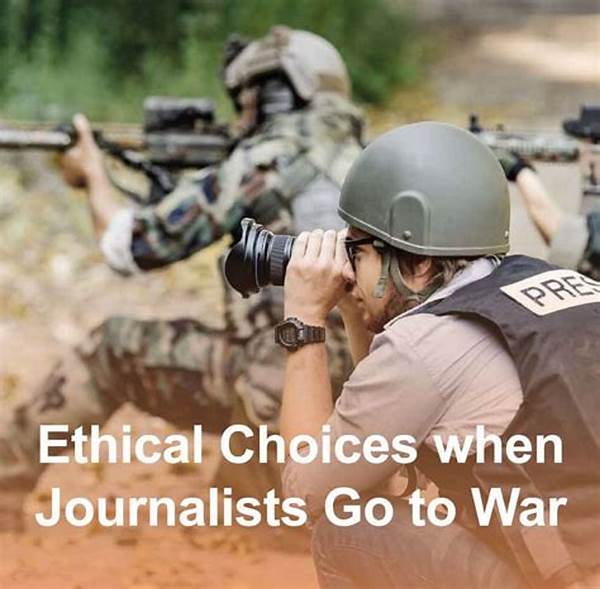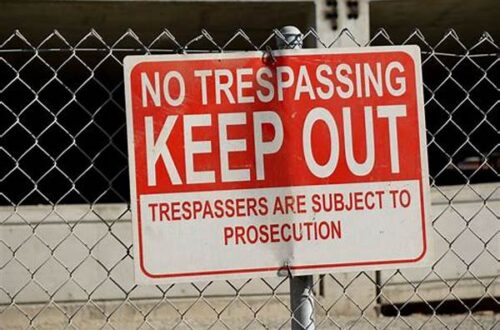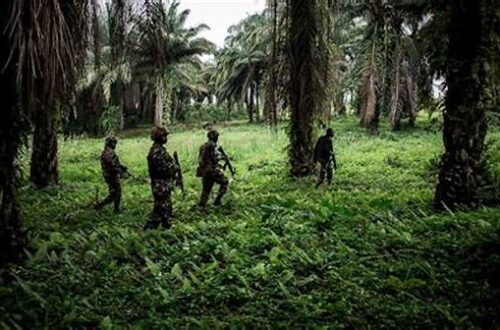In the perilous environments of conflict zones, war journalists bear great responsibility in their pursuit of truth amidst chaos. Their role extends beyond merely reporting events; it encompasses profound ethical burdens. The complexities of modern conflicts necessitate a deep understanding of the moral obligations of war journalists. These obligations involve a heightened sense of duty towards unbiased reporting, ethical decision-making, and maintaining a commitment to human rights and dignity. In this article, we delve into the multifaceted moral obligations of war journalists, highlighting the ethical challenges they face and the standards they must uphold.
Reporting in Conflict Zones
The fundamental duty of war journalists is to report accurately and impartially from conflict zones. These professionals are tasked with providing firsthand accounts of wartime events, requiring them to navigate numerous ethical dilemmas. Among the primary moral obligations of war journalists is the commitment to truthfulness. They must strive to present facts without distortion, ensuring that their reports are free from bias and subjectivity. The integrity of information is crucial as it shapes public perception and policy decisions that can impact the lives of countless individuals. Furthermore, war journalists bear the responsibility of protecting their sources, often operating in life-threatening conditions. This obligation underscores the importance of confidentiality and trust, as revealing the identity of informants can have dire consequences. Therefore, the moral obligations of war journalists are comprehensive, demanding an unwavering dedication to ethical principles even in the face of adversity.
Ethical Decision-Making in Reporting
1. War journalists confront ethical dilemmas daily, demanding adherence to moral obligations such as accuracy and impartiality in their reporting.
2. The moral obligations of war journalists require them to prioritize the safety and dignity of individuals affected by conflict while reporting.
3. War journalists must navigate the challenge of acquiring truthful information without compromising ethical standards or journalistic integrity.
4. Their moral obligations include refraining from sensationalism that could misrepresent the realities of war and its impact on civilians.
5. The protection of vulnerable populations and sourcing of information ethically are central to the moral obligations of war journalists.
The Balance Between Objectivity and Empathy
War journalists face the challenging task of balancing objectivity with empathy. Their moral obligations require them to present conflict without personal bias, yet the nature of human suffering often evokes a strong emotional response. This juxtaposition tests their ability to fulfill the moral obligations of war journalists, as they must convey the stories of those affected by war with sensitivity and understanding while maintaining an objective stance. Moreover, the need for empathy emphasizes the necessity for war journalists to humanize their subjects, presenting the complexities of conflict in a manner that resonates with audiences worldwide. Therefore, fulfilling the moral obligations of war journalists involves a delicate equilibrium between objective reporting and compassionate storytelling. This balance enhances the authenticity of their work, enabling audiences to comprehend the profound realities of war through an informed yet empathetic lens.
The Challenges of Covering Conflicts
Covering conflicts presents myriad challenges, and war journalists are often at the forefront, confronted with life-threatening situations. Despite such hazards, their moral obligations compel them to report from the ground. This includes obtaining accurate and reliable information, even in volatile environments where access is restricted. War journalists must be vigilant in their efforts to counter misinformation, acknowledging the moral obligations that emphasize truth and accountability. The necessity of exposing human rights violations and humanitarian crises further elevates the moral obligations of war journalists, as their reporting serves as a catalyst for international awareness and intervention. Additionally, war journalists grapple with the psychological impacts of witnessing extreme violence and devastation, highlighting the critical need for self-care and mental health support. In fulfilling their moral obligations, war journalists become vital conduits for bringing unseen stories of suffering and resilience to the global stage.
The Role of War Journalists in Promoting Peace and Justice
War journalists have a substantial role in advocating for peace and justice through their work. Their moral obligations extend to identifying injustices and amplifying the voices of marginalized communities affected by conflict. By shedding light on underreported issues, war journalists contribute to a broader understanding of the complexities underlying wars and their aftermath. These moral obligations necessitate a comprehensive approach to coverage, emphasizing depth, context, and analysis in reporting. Furthermore, the moral obligations of war journalists include fostering dialogue and reconciliation through their storytelling, contributing to long-term peace-building efforts. By adhering to ethical standards and highlighting shared humanity amidst conflict, war journalists can significantly influence the peace process and promote accountability in war-torn regions.
The Psychological Toll on War Journalists
The psychological toll of covering war zones is an often-overlooked aspect of the profession. War journalists face immense pressure to uphold their moral obligations while dealing with traumatic experiences. Prolonged exposure to conflict can result in post-traumatic stress disorder (PTSD) and other mental health challenges. Despite this, the moral obligations of war journalists compel them to continue their work, driven by a sense of duty to bear witness to atrocities and advocate for the voiceless. It is essential for media organizations to provide adequate support and resources to address these psychological impacts. Doing so not only aids the well-being of journalists but also enhances their capacity to fulfill their moral obligations in an ethical and effective manner. In recognizing the psychological strain, initiatives for mental health support and debriefing are critical in maintaining the resilience and well-being of war journalists.
Summary of Moral Obligations
In summarizing the moral obligations of war journalists, it is evident that their role is both challenging and indispensable. These journalists navigate complex ethical landscapes, driven by a commitment to truth, accountability, and empathy. Their moral obligations encompass a range of responsibilities, including delivering unbiased and accurate reports, protecting sources, and highlighting human rights abuses. These obligations extend to promoting peace, seeking justice, and advocating for those affected by war. The moral obligations of war journalists are integral to maintaining journalistic integrity and ensuring that the realities of conflict are conveyed with both depth and understanding. Despite the inherent risks, war journalists persevere, propelled by a dedication to ethical principles and the profound impact of their work. In fulfilling their moral obligations, they bridge the gap between those experiencing conflicts and a global audience, facilitating a deeper comprehension of the shared human experience and fostering a commitment to lasting peace.





